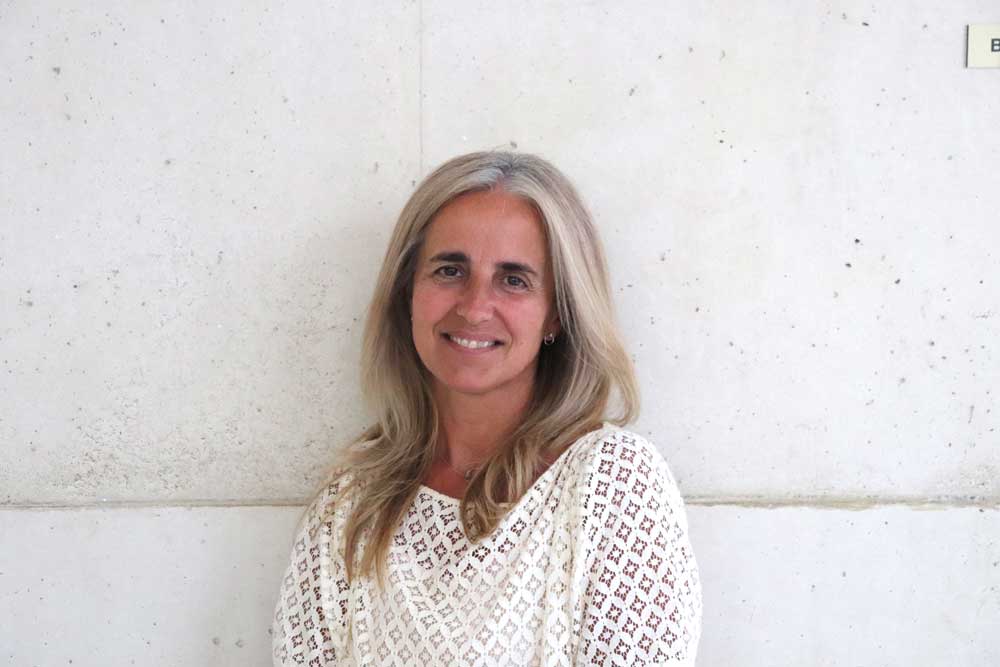We investigate novel mechanism-based molecular targets to inform drug discovery and biomarker development in inflammation, degenerative and oncogenic diseases. We specifically address cell signalling and the crosstalk with metabolism and interorgan communication, integrating cellular and molecular technologies with multiple preclinical and patient-derived models and samples to facilitate the translation from bench to bedside.
Our expertise is the identification of novel mechanism-based molecular targets to inform drug discovery and biomarker development in inflammatory, degenerative and oncogenic processes, where disease diagnosis and treatment remain unmet medical needs.
We integrate cellular and molecular technologies (cell/tissue profiling, genetic/drug screening) with multiple translational preclinical models (genetic, dietary, pharmacologic), patient-derived models and patient samples (tissues and fluids) for the identification of novel therapeutic targets, diagnostic/prognostic tools and therapies. We further address the crosstalk with metabolic networks and pathways and the role of interorgan communication.
Our experimental approach bridges laboratory research and pre-clinical development to accelerate the field and facilitate the translation from bench to bedside. Pioneer studies in bile acid-related research have already developed promising small molecule modulators of cell death/survival, protected by global patents and explored by spin-offs, which are currently in clinical trials worldwide. Our goals are pursued within areas of translational discovery in metabolic and oncogenic diseases and in emerging technologies.
- December 24, 2020
- Cell Function and Therapeutic Targeting
- December 10, 2020
- Cell Function and Therapeutic Targeting
- April 1, 2020
- Cell Function and Therapeutic Targeting
- November 5, 2019
- Cell Function and Therapeutic Targeting
- April 12, 2018
- Cell Function and Therapeutic Targeting

Cecília Rodrigues
Group Leader
Email: cmprodrigues@ff.ulisboa.pt
Phone: (+351) 217946490 (Ext. 14517)
View Profile- Lab keywords:
- Disease pathogenesis; Molecular targets; Biomarkers and therapeutics; Cell signalling; Cell metabolism
- Primary area of ıntegration within imed:
- Metabolic Diseases, Scientific Hub
- Secondary area(s) of ıntegration within imed:
- Emerging Technologies, Neurodegenerative Disorders, Oncology, Scientific Hub, Technologic Hub

